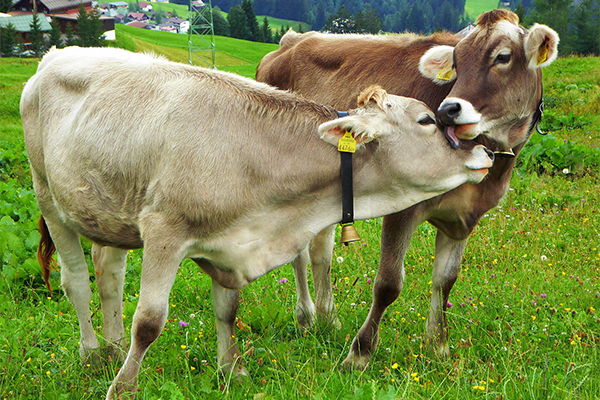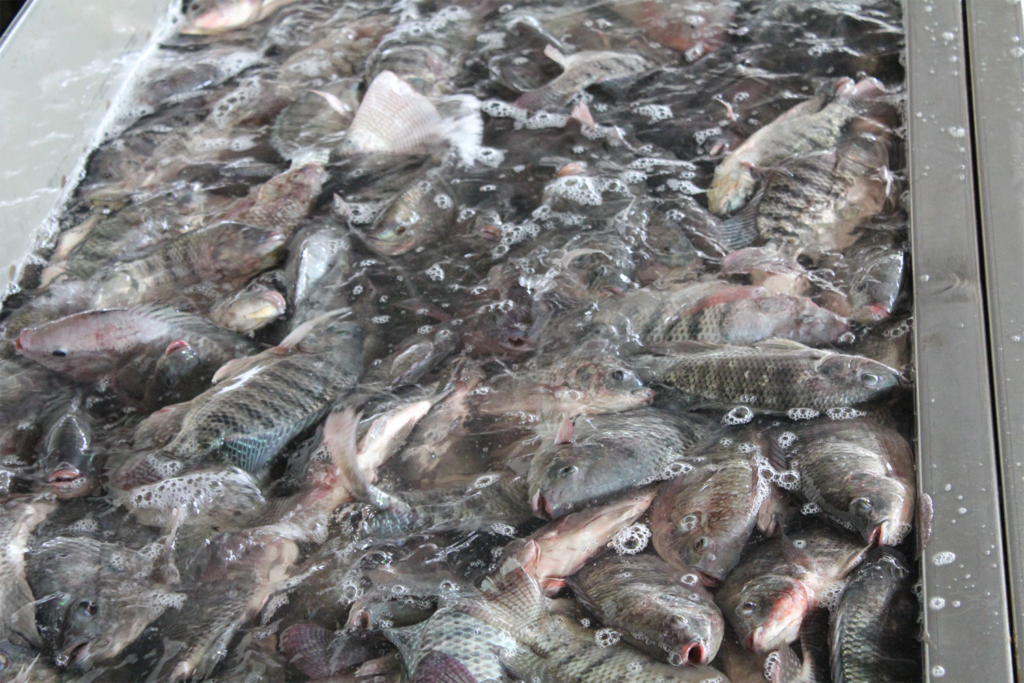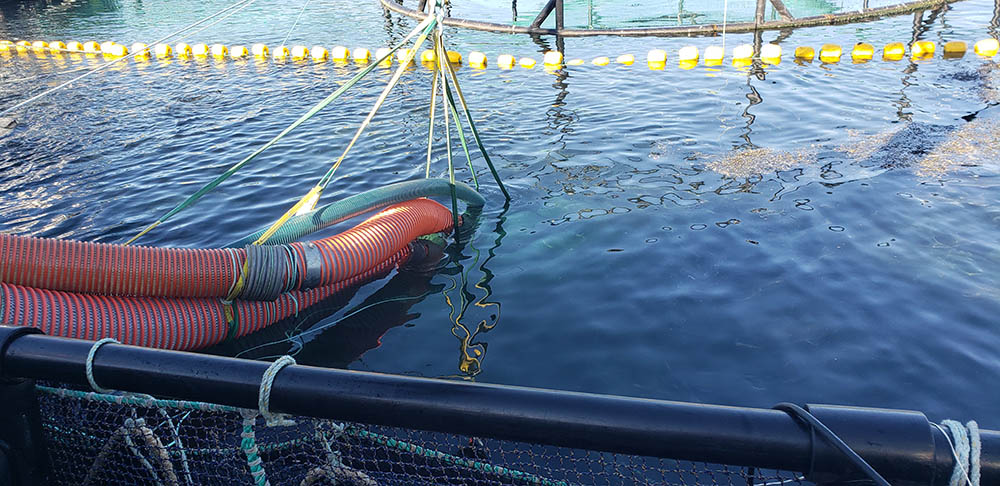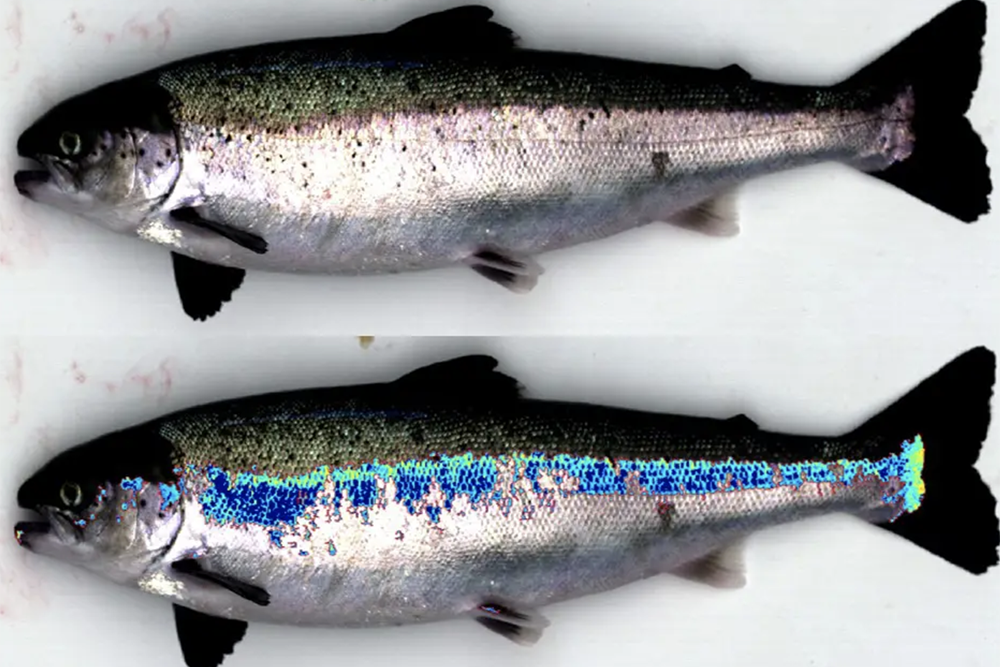Consumers value animal welfare over sustainability, highlighting the need for targeted labeling strategies

Animal welfare trumps sustainability issues when consumers choose meat and dairy products, according to a new study. The findings suggest that while consumers consider sustainability important, other factors – such as taste, quality and animal welfare – take precedence in their purchasing decisions.
On product labels, consumers valued information regarding animal welfare, food safety and health and nutrition. The results can help producers to market particularly sustainably produced food products in a more targeted way and make them more attractive to consumers.
“Our study highlights the complex interplay of factors that influence consumer behavior when buying meat and dairy products,” said Dr. Andy Jin, study co-author and senior lecturer at the University of Portsmouth. “Consumers indicated that information related to animal welfare, food safety and health and nutrition was considered more important than environmental sustainability when making food choices.”
The study was conducted across five European countries – Czechia, Spain, Sweden, Switzerland and the UK – to identify the attributes that are most important to consumers buying meat or dairy products.
Study outlines ways to improve welfare and production of five farmed fish species in Europe
Taking part in an online survey, 3,192 participants rated the importance of 18 different factors when shopping for meat and dairy products on a scale from one (not at all important) to five (extremely important):
- Attributes: Freshness, quality/taste, healthy eating, nutrition, price, processing, special offers, convenience of use/preparation and familiarity with the brand.
- Animal welfare attributes: Animal welfare, outdoor-reared, free range and pasture-fed.
- Attributes related to environmental sustainability: Locally produced, sustainable packaging, food miles, carbon footprint and organic.
- Social sustainability: Fair trade or producer/farmer fairly paid.
Across all surveyed countries, consumers consistently prioritized freshness, quality/taste and animal welfare as the most important attributes. In contrast, environmental factors such as food miles, carbon footprint and organic production were deemed less important in influencing purchasing decisions. However, sustainability labels were perceived as helpful among consumers.
“The findings demonstrate the importance of labeling strategies that encompass multiple aspects of product attributes, beyond environmental considerations alone,” said Jin.
The findings also have implications for policymakers, producers and retailers in the food industry, who are striving to meet evolving consumer demands for more sustainable products.
“Labels on their own are not enough to change behavior, especially for consumers who have low or no behavioral intention to buy sustainable meat or dairy products,” said Jin. “These results should be translated into additional policy measures, such as nudges or behavioral interventions, helping individuals translate their attitudes into behavior and facilitating the choice of sustainably produced products.”
Now that you've reached the end of the article ...
… please consider supporting GSA’s mission to advance responsible seafood practices through education, advocacy and third-party assurances. The Advocate aims to document the evolution of responsible seafood practices and share the expansive knowledge of our vast network of contributors.
By becoming a Global Seafood Alliance member, you’re ensuring that all of the pre-competitive work we do through member benefits, resources and events can continue. Individual membership costs just $50 a year.
Not a GSA member? Join us.
Author
-
Responsible Seafood Advocate
[103,114,111,46,100,111,111,102,97,101,115,108,97,98,111,108,103,64,114,111,116,105,100,101]
Tagged With
Related Posts

Health & Welfare
Is the regulation of fish welfare based on scientifically validated criteria?
Study argues that applying Mertonian skepticism on claims of sentience and pain in fish and aquatic invertebrates is scientifically sound and prudent.

Health & Welfare
Greek aquaculture company installs humane fish stunner for sea bass, sea bream and pagrus
Installation of humane fish stunner from Ace Aquatec yields ‘transformative’ results for the Mediterranean aquaculture company, Philosofish.

Innovation & Investment
‘Happier and healthier’: New fish transportation technology emphasizes voluntary movement
East Coast Innovation's Voluntary Swim-In fish transportation technology minimizes fish stress and enhances survival rates for aquaculture.

Health & Welfare
Vision quest: Behind Norwegian researchers’ high-tech approach to fish welfare assessments
Nofima's DeepVision project explores how hyperspectral cameras can improve the speed and accuracy of fish welfare assessments in aquaculture.



